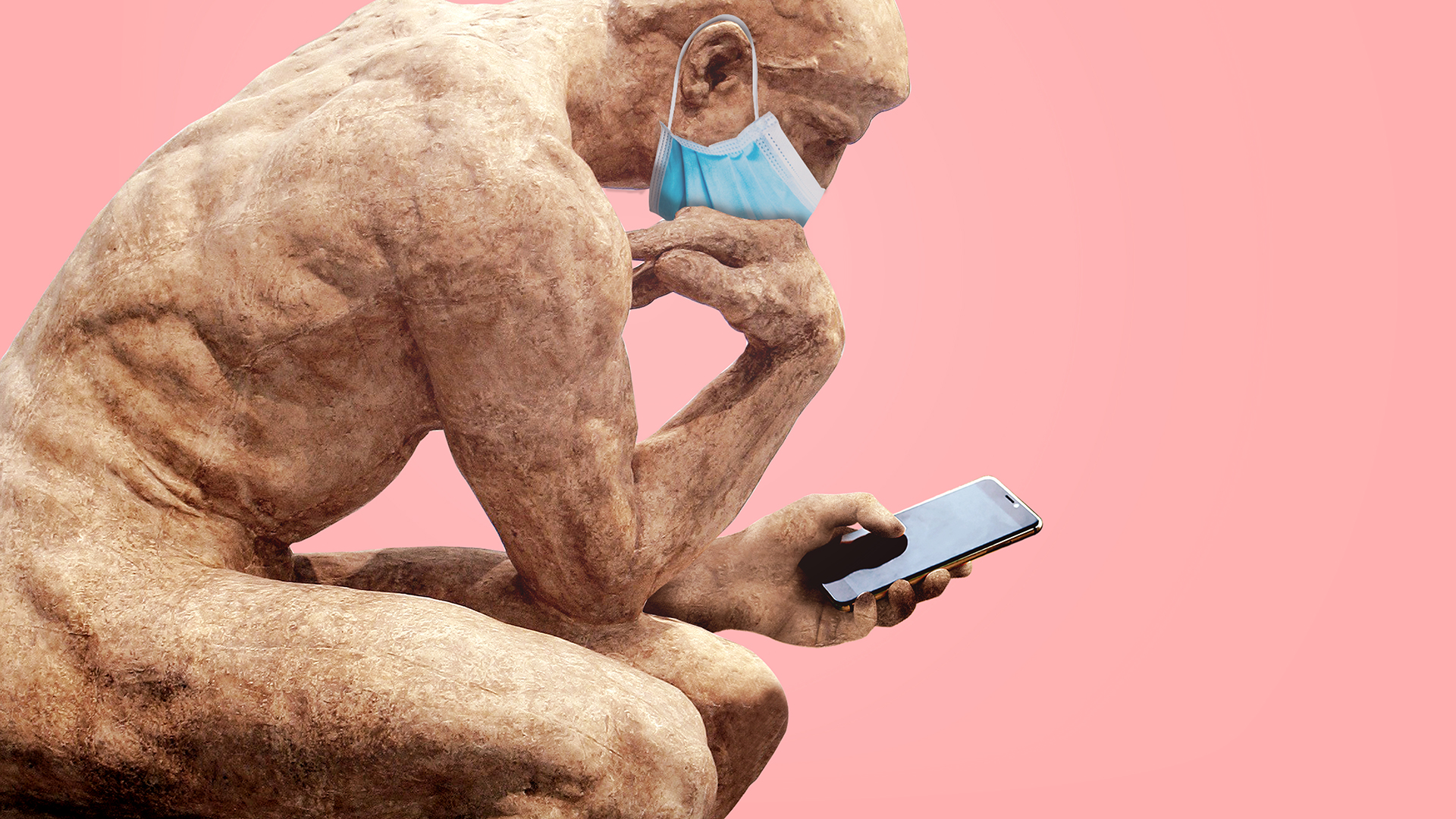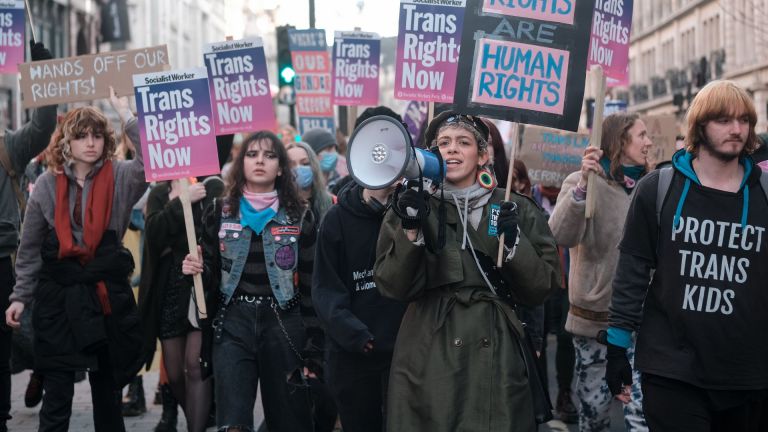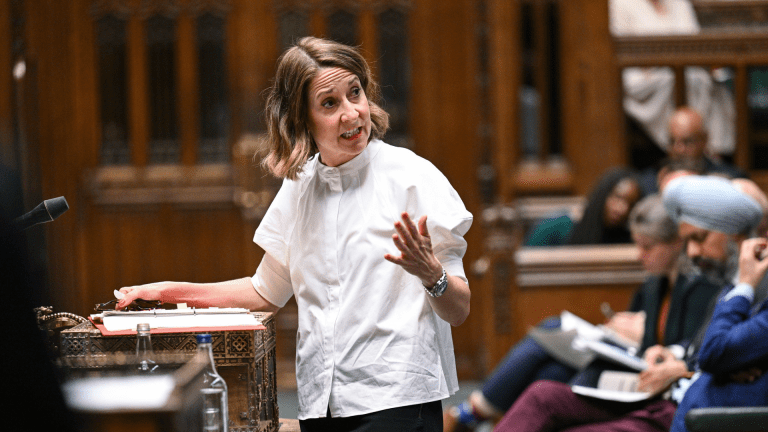Nearly two decades – and a whole lifetime – ago I found myself in Hollywood shooting a blockbuster cinema ad with Gary Oldman. The brand in question was called One2One. That brand no longer exists, having been taken over by T-Mobile. But the words Oldman spoke in the ad still resonate today. “What makes you, you?” he asked. “You’re every one–to–one you’ve ever had” came the reply.
This echoes a Buddhist belief that one’s personal identity is not something that is fixed and unchanging, or even something that arrives with you at birth. Identity is more likely to be something that grows over time, and is an aggregation of all the experiences you have had with all the people you have interacted with during your life. It’s a notion that posits identity as something more fluid and potentially ever-changing.
It also assumes that interactions with others are of great importance in defining ‘who’ you are, that you don’t get to define this on your own. Certainly, the rise of the internet and the companies and services that have been built on the back of it reinforce this feeling. Every day we opine or present or perform some task online and it is inevitably done so in front of others. We receive instant feedback and sometimes abuse, but no longer do we ever encounter … silence.
Everyone in the world affects who we are, because we are now all digitally connected
We are surrounded by others. Not only in our street or amongst those in our wider community but also online. We now have digital lives which we spend at home making Zoom calls; we shop by search, based on the recommendations of others; we put on our make–up in the mirror of Instagram for all to watch; and we learn a new skill not in a classroom full of warm bodies but facing the cold hard stares of an avatar teacher reciting her virtual lecture through a screen.
Thank goodness for such technology that became the connective tissue for a population socially atomised by government edicts to shut people in their homes and keep them from mixing during the Covid-19 outbreak. But this has gone on for so long, and at such an extreme level, that it is bound to change us and the society within which we live. Some suggest that this is actually the point.
Radical change awaits. As more and more of our institutions give way to corruption, incompetence and total system failure, we will turn towards our peers and any others whom we feel are on the same level, and as such are part of our community, even if that is an online one. It means we can expect a challenge to the nation state – an institution that has until now conferred on us our citizenship, our currency and our mode of governance.










